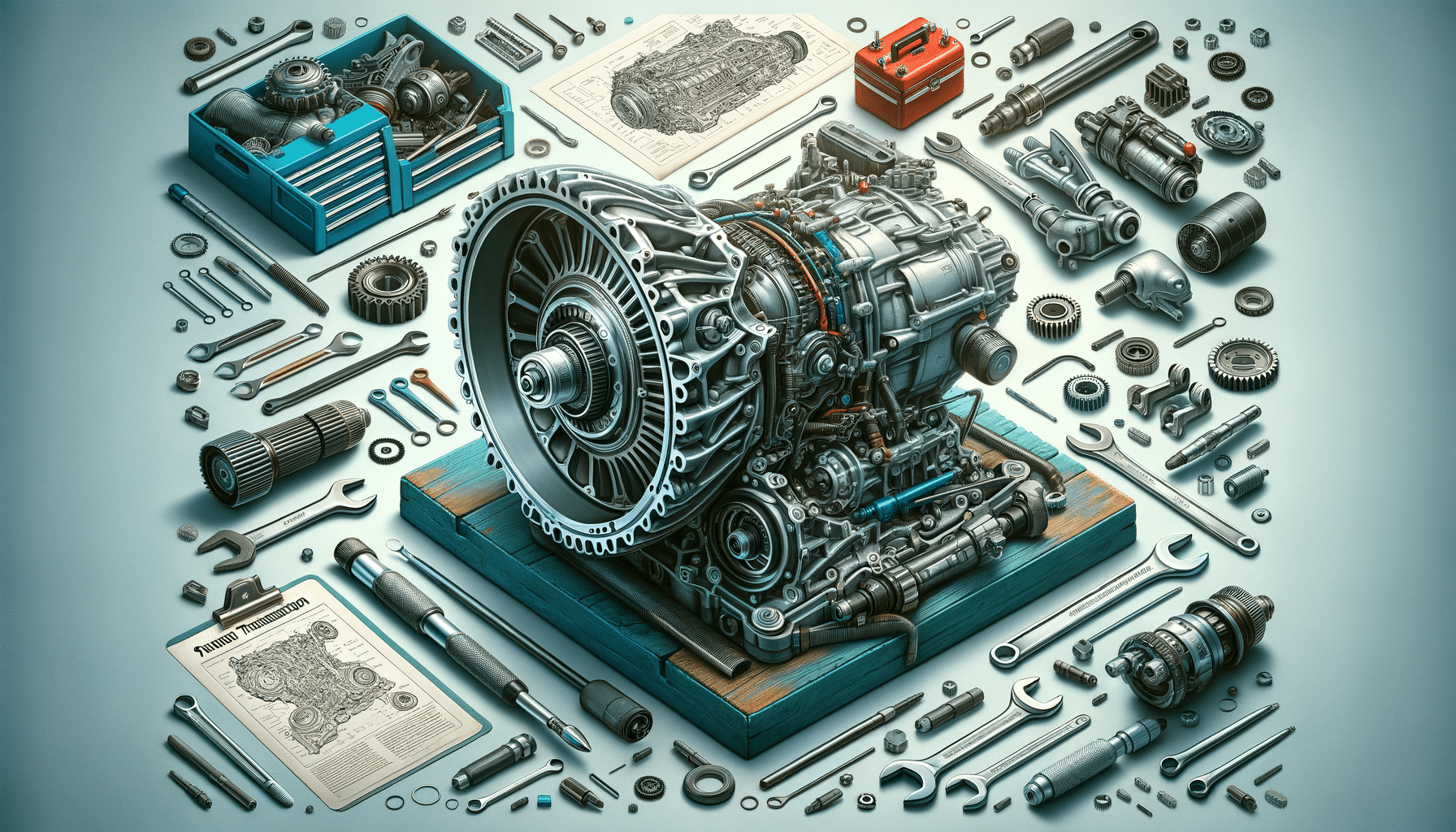
Things to Know Before Buying Transmissions
Understanding Transmissions: An Essential Component
Transmissions play a crucial role in the functionality of any vehicle, acting as the intermediary between the engine and the wheels. Their primary function is to ensure that the power generated by the engine is efficiently transferred to the wheels, allowing the vehicle to move at varying speeds. Understanding the importance of transmissions can significantly impact your decision when purchasing one, whether it’s for replacing an old unit or upgrading for better performance.
There are several types of transmissions available, including manual, automatic, and continuously variable transmissions (CVT). Each type offers distinct advantages and is suited for different driving preferences and vehicle types. For instance, manual transmissions are often favored by driving enthusiasts for their control and precision, while automatic transmissions provide ease of use, especially in heavy traffic.
When considering buying a transmission, it’s essential to understand the specific needs of your vehicle and driving style. Factors such as fuel efficiency, driving conditions, and personal preferences should guide your choice. Additionally, the compatibility of the transmission with your vehicle’s make and model is a critical consideration, ensuring seamless integration and optimal performance.
Evaluating Transmission Condition: Key Considerations
Before purchasing a transmission, evaluating its condition is paramount to ensure longevity and reliability. One of the first steps is to determine whether you need a new, used, or remanufactured transmission. New transmissions offer the advantage of being unused and typically come with a warranty, providing peace of mind. However, they can be costly.
Used transmissions, on the other hand, are more affordable but come with the risk of unknown wear and tear. It’s essential to source them from reputable dealers who can provide a history of the transmission’s usage and maintenance. Remanufactured transmissions strike a balance between new and used, as they are rebuilt to meet original specifications and often come with warranties.
Checking for signs of wear, such as leaks or unusual noises, is also crucial. A thorough inspection by a professional mechanic can help identify potential issues that may not be immediately visible. This step is particularly important for used transmissions, where previous usage may have impacted their condition.
Performance and Compatibility: Making the Right Match
Performance and compatibility are vital factors when selecting a transmission. The transmission must match your vehicle’s engine specifications to ensure optimal performance. Mismatched components can lead to reduced efficiency, increased wear, and potentially costly repairs.
Consider the transmission’s performance characteristics, such as gear ratios and torque capacity. These factors influence how the vehicle responds to acceleration and different driving conditions. For instance, a transmission with higher torque capacity is beneficial for towing or heavy-duty applications.
Compatibility also extends to the electronic systems within modern vehicles. Many newer models feature advanced transmission control modules that require specific transmissions to function correctly. Ensuring that the transmission is compatible with your vehicle’s electronic systems is crucial for maintaining functionality and avoiding potential issues.
Cost Considerations: Balancing Budget and Quality
The cost of a transmission can vary significantly based on its type, condition, and source. Setting a budget is essential, but it’s equally important to balance cost with quality. While it may be tempting to opt for the cheapest option, a poorly chosen transmission can lead to higher expenses in the long run due to repairs and reduced lifespan.
Consider the long-term benefits of investing in a quality transmission. A higher upfront cost may be justified by improved performance, fuel efficiency, and reduced maintenance needs. Additionally, warranties offered with new or remanufactured transmissions can provide financial protection against potential issues.
Exploring financing options or payment plans can also make purchasing a quality transmission more manageable. Many suppliers offer flexible payment terms, allowing you to spread the cost over time without compromising on quality.
Installation and Maintenance: Ensuring Longevity
Proper installation and regular maintenance are critical to maximizing the lifespan of your transmission. Professional installation by a qualified mechanic ensures that the transmission is correctly fitted and calibrated, reducing the risk of issues arising from improper installation.
Once installed, regular maintenance is essential to keep the transmission in good working condition. This includes routine checks of transmission fluid levels and quality, as well as timely replacement of filters and seals. Neglecting maintenance can lead to decreased performance and potential damage.
Understanding the maintenance schedule recommended by the manufacturer can help you stay on top of necessary upkeep. By following these guidelines, you can ensure that your transmission remains reliable and efficient, providing years of service without unexpected breakdowns.


